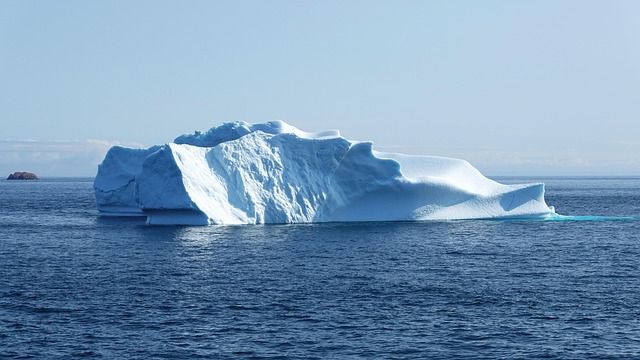Melting Away: The Impact of Climate Change on Sponge Reefs
As we delve into the deep blue waters of our oceans, one might envision a vibrant world teeming with life. However, beneath the surface, a silent crisis unfolds, one that threatens the very foundations of marine ecosystems—sponge reefs. These remarkable underwater structures, built by sponges, are among the most vital yet vulnerable ecosystems, and they are facing unprecedented challenges due to climate change.
Sponges play a crucial role in our oceans, acting as natural filters that clean the water and provide habitats for countless marine species. They are essential for maintaining the health of coral reefs, seagrasses, and other coastal environments. Yet, as our planet heats up, the delicate balance of the ocean’s chemistry is disturbed, and sponges are among the first victims.
Rising sea temperatures lead to coral bleaching, but the impacts extend far beyond reefs. When temperatures rise, sponges can become stressed and fail to thrive. The once-thriving sponge reefs, bustling with life, begin to dwindle and deteriorate. This melting away of sponge communities not only affects their population but also has ripple effects throughout the entire marine food web.
Moreover, increased ocean acidity—a direct result of increasing CO2 levels—compromises the ability of sponges to grow and reproduce. As sponges struggle to adapt, their capacity to filter water diminishes, leading to a decline in water quality and further jeopardizing the survival of marine species that rely on healthy environments.
In addition to the challenges posed by temperature and acidity, sponges are also vulnerable to the impacts of pollution and habitat destruction. Coastal development and agricultural runoff introduce harmful substances into the water, exacerbating the threats faced by these essential organisms. In this melting environment, sponges are combating not only the climate crisis but also the mounting pressures of human activities.
This decline can be disheartening, as our oceans—a source of life and wonder—seem to be fading away before our very eyes. Yet, while the situation is grave, awareness and action can spark change. Understanding the vital role of sponges in marine ecosystems empowers communities and policymakers to protect these creatures and their habitats. By advocating for sustainable practices, reducing pollution, and mitigating climate change, we can help safeguard sponge reefs and, in turn, the health of our oceans.
Every drop counts, and as we confront the challenges posed by climate change, let us commit to nurturing our planet. Through collective efforts, we can ensure that sponges, the silent architects of our underwater worlds, continue to thrive for generations to come. The melting away of sponge reefs is a wake-up call, urging us to take action before it is too late.




